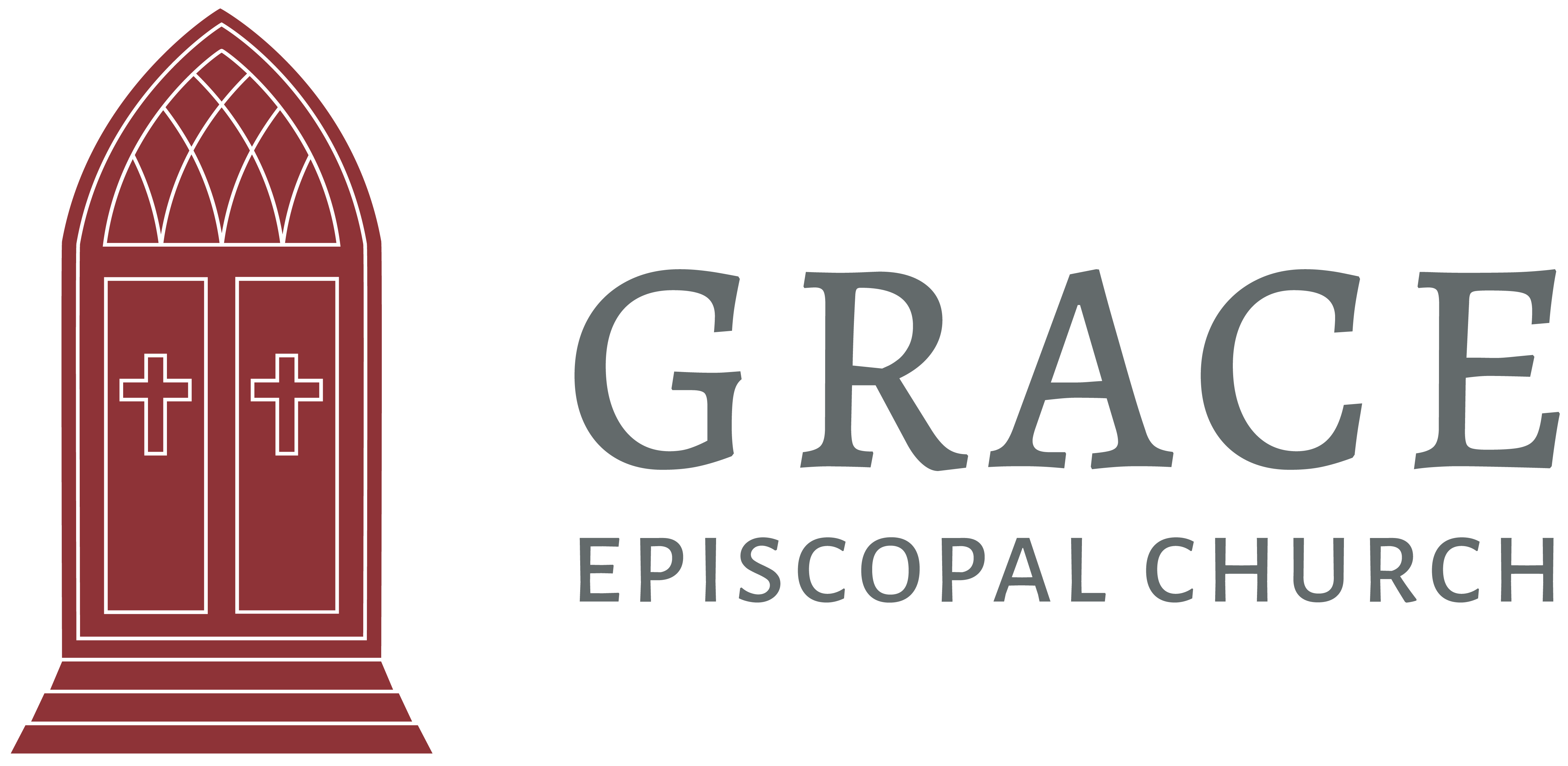Psalm 97, 99, 100; 1 Macc. 3:25-41; Rev. 21:1-8; Matt. 17:14-21
This is the first time Emmaus pops up in history: but where is it, exactly? The name gives us few clues, meaning ‘warm spring.’ The Holy Land sits on a very active fault line–hot springs are everywhere. And the Gospel accounts don’t help much: Luke says is 60 stadia from Jerusalem (about 6 miles), but lots of the earliest manuscripts say 160 stadia (about 16 miles). We know from archaeology that the ruins on the Tel Aviv-Jerusalem highway now known as Latrun were the site of an ancient town called Emmaus-Eironopolis, and another town (Qubeiba) north of Jerusalem was called Castellum Emmaus, and there are other candidates all within the possible range of miles. Let’s think of it like this: Emmaus is the ‘Springfield’ of the Holy Land, a name used with such frequency that no one, not even the Simpsons, is really sure where it’s located. For pilgrimage purposes, people usually choose a pretty spot that’s handy to the itinerary!
But while the New Testament reference is to seeing God, the Apocrypha talks of Emmaus as a place of human greed and evil. It’s the site of a battle (which will be described in the coming days), but it’s also where all those merchants gather with gold and silver and chains, to buy the defeated and force them into slavery. No doubt that was commonplace in the ancient world, where slavery was a given in every culture–but for us, it’s a horror. The idea that people who look upon war and bloodshed as an opportunity to make money off the tragedy and woe of others is incomprehensible.
That last sentence, by the way, should be read with maximum sarcasm voice. Because the idea that people don’t continue to look upon war and bloodshed as an opportunity to profit off the tragedy and woe of others is, at best, naive and foolish. People line up to make money off war, which is to say off death and destruction. And no, I’m not a foolish idealist: it’s a broken, dangerous world and sometimes we have to do hard, painful things to ensure the safety and liberty of others. And I know too that war costs money, and that some of that money’s going to go into peoples’ pockets. That’s how it is. But remember, friends, that it’s a Republican president and general, Eisenhower, who warned us that the ‘military-industrial complex’ is a threat to liberty and safety for everyone. When people start to see war not as a tragic necessity which has to be pursued, and instead start to see it as a way to enhance this year’s bottom line, then war becomes easier and easier to pursue. When we militarize our language and our imagery, then it becomes easier to envision not just violence on our neighbor, but even how it works to our advantage. But friends, violence never works to our advantage. It may make a few people richer–but even when necessary and noble, it comes at an immense cost to 99% of those involved. Death, poverty, fear, PTSD, missing limbs, shattered families, huddled tent cities filled with refugees, failed states, endless lines of white crosses in national cemeteries: don’t ever forget that those are the real cost of war.

